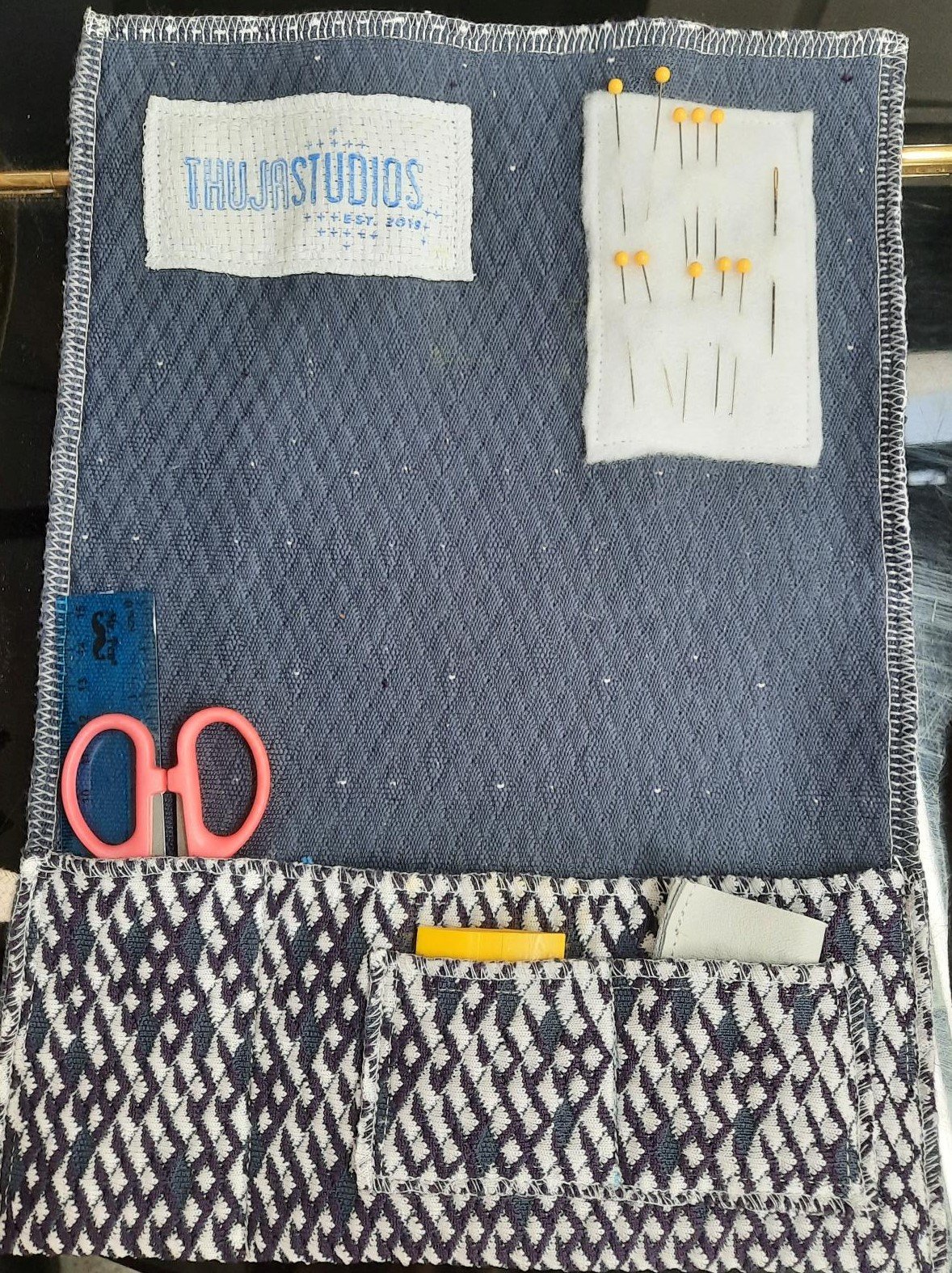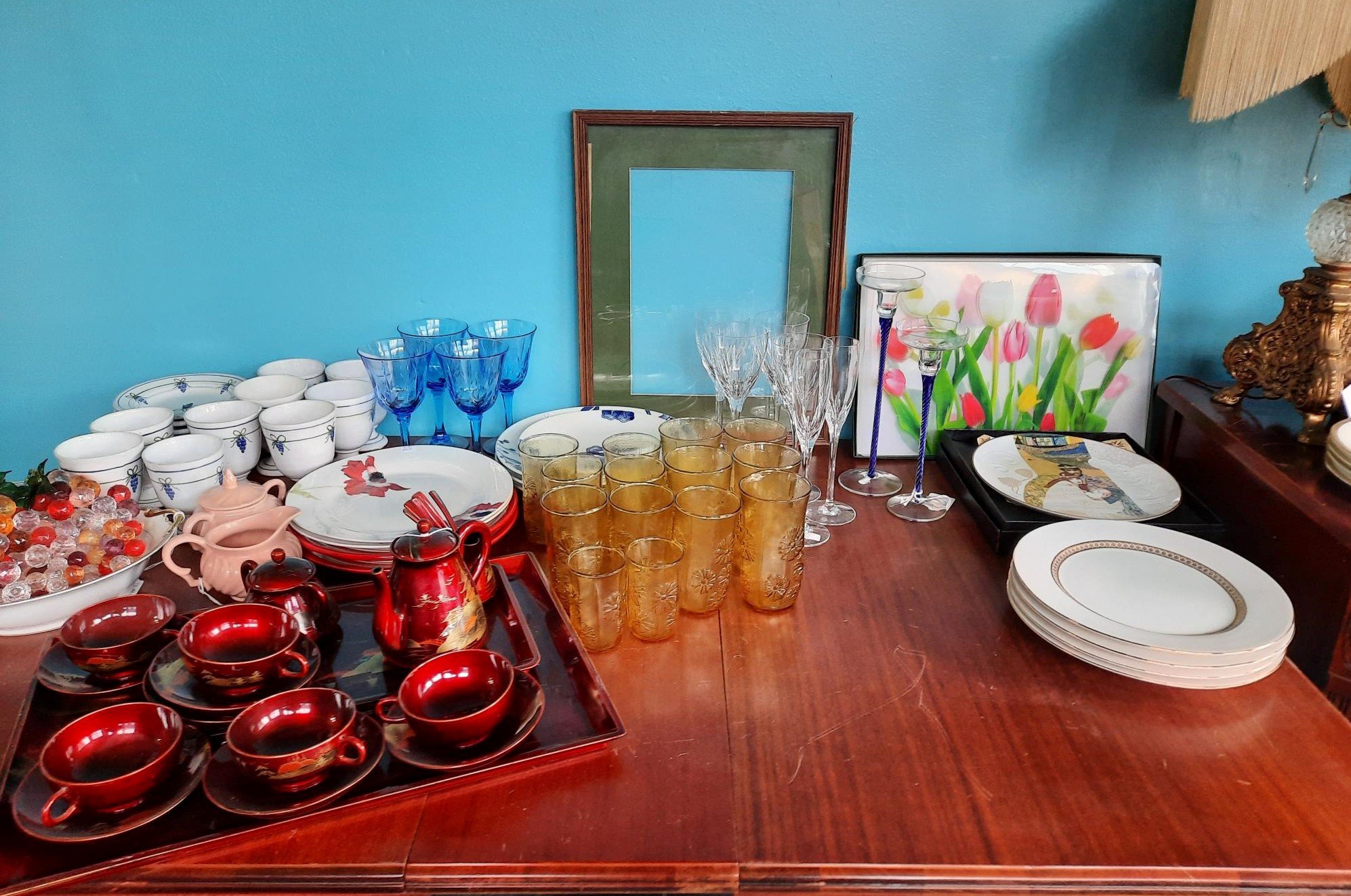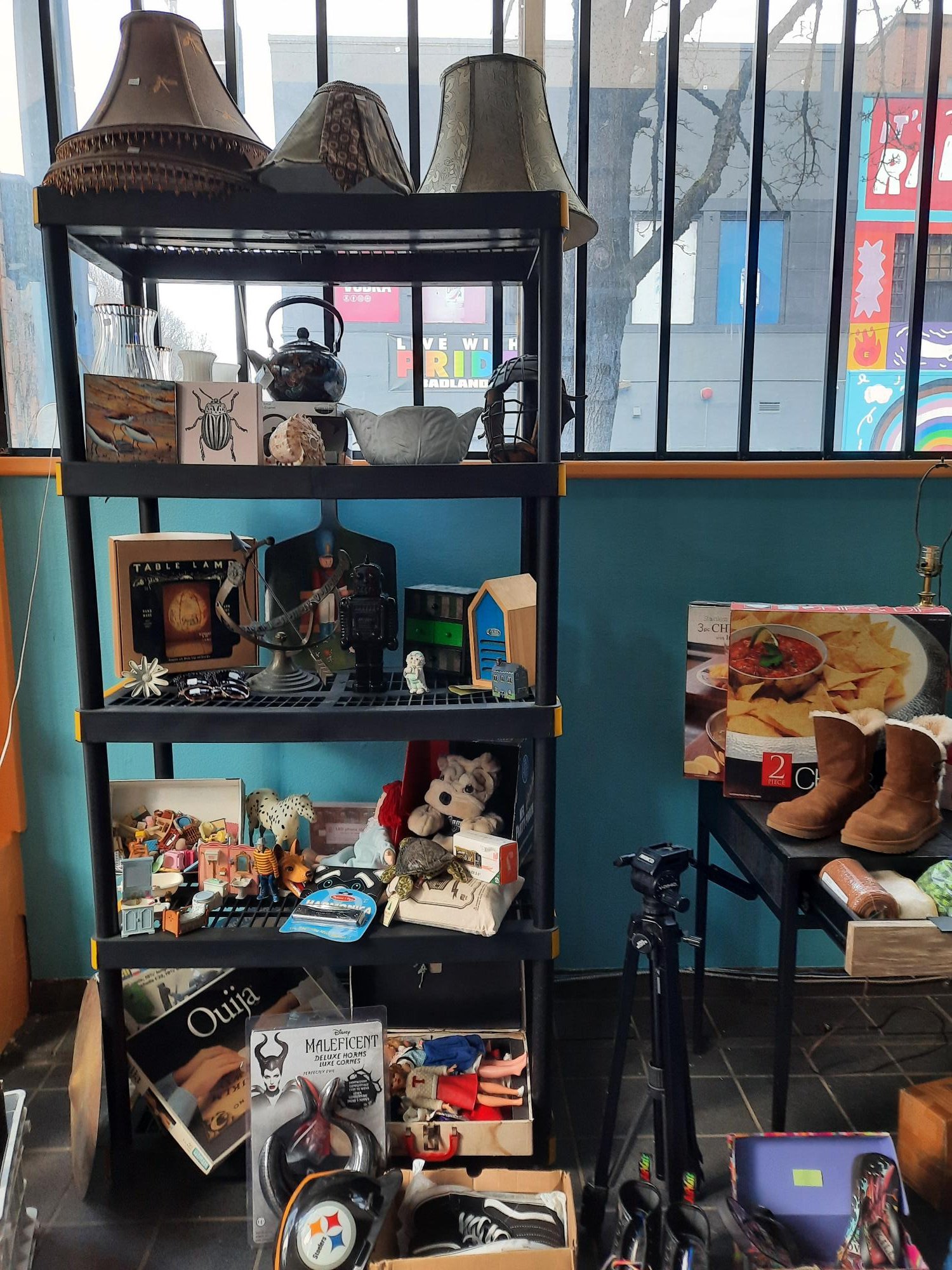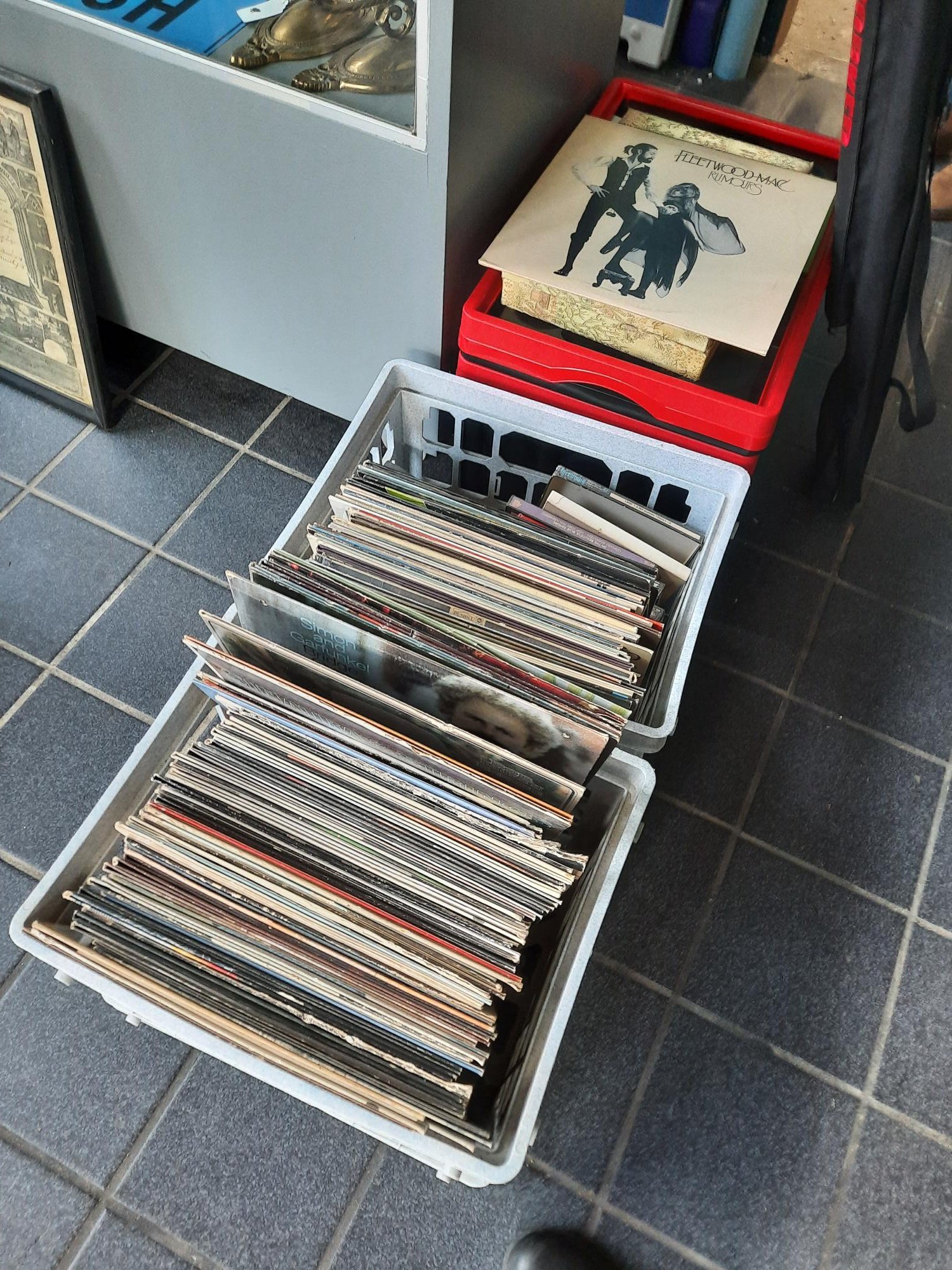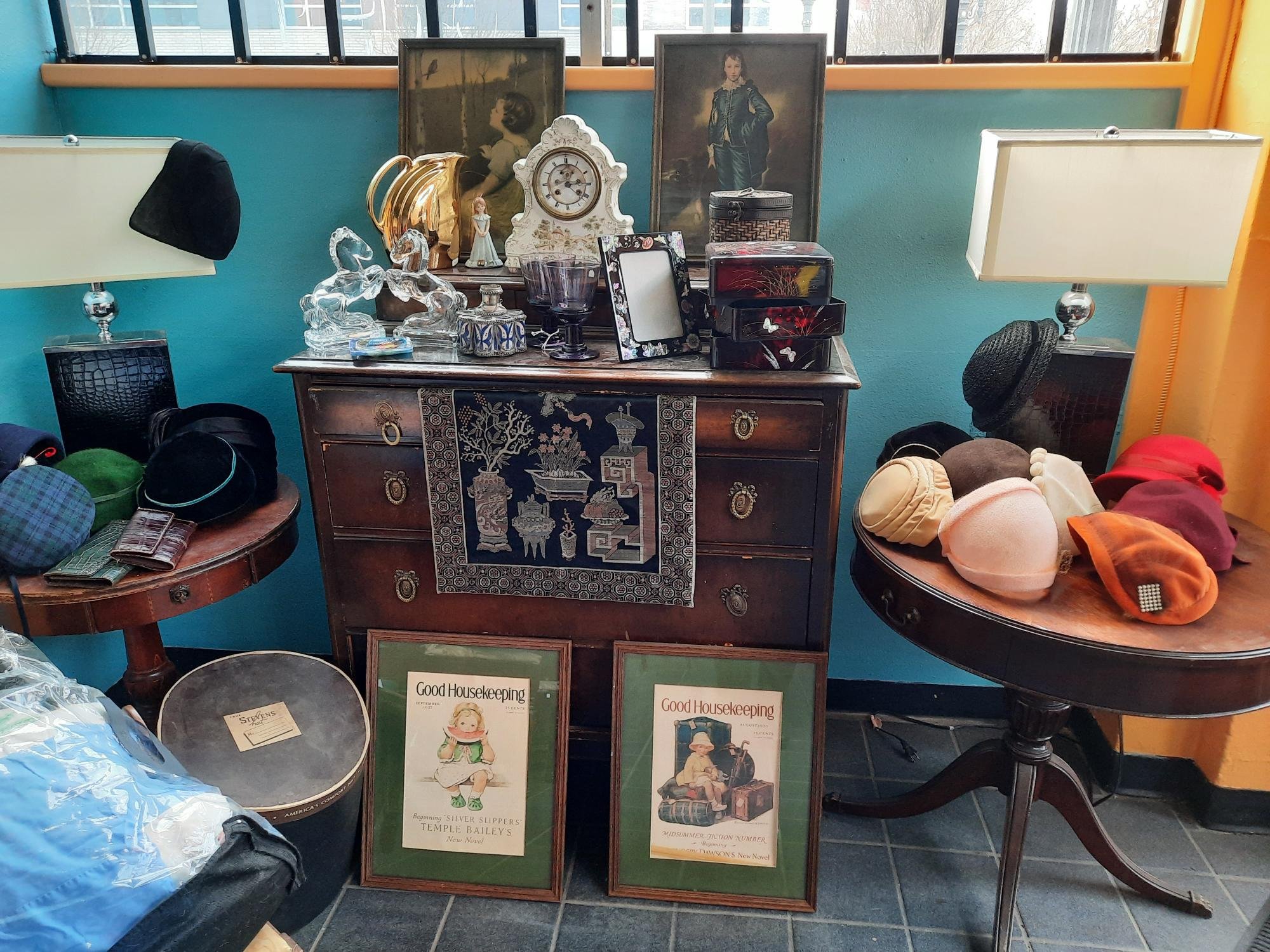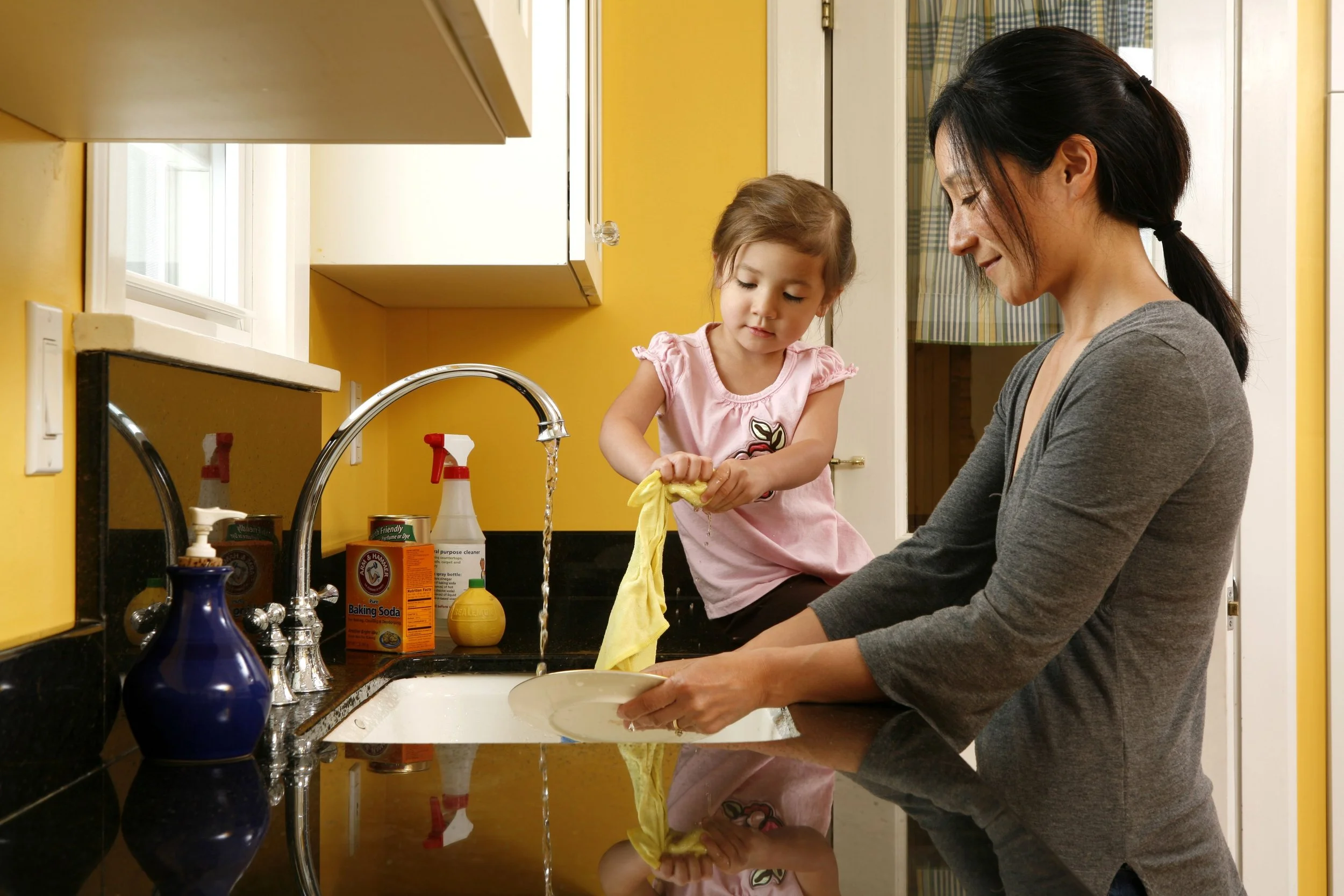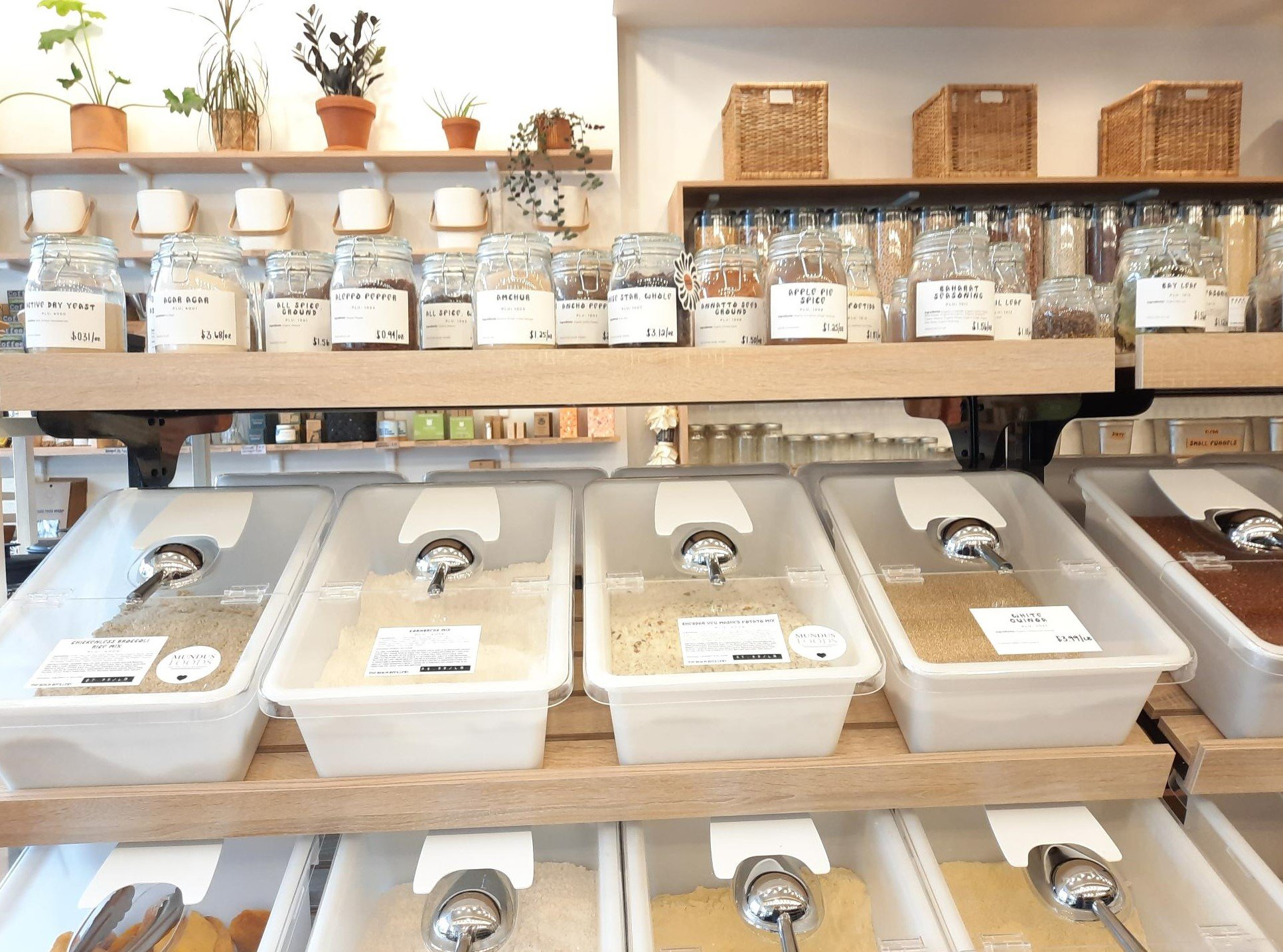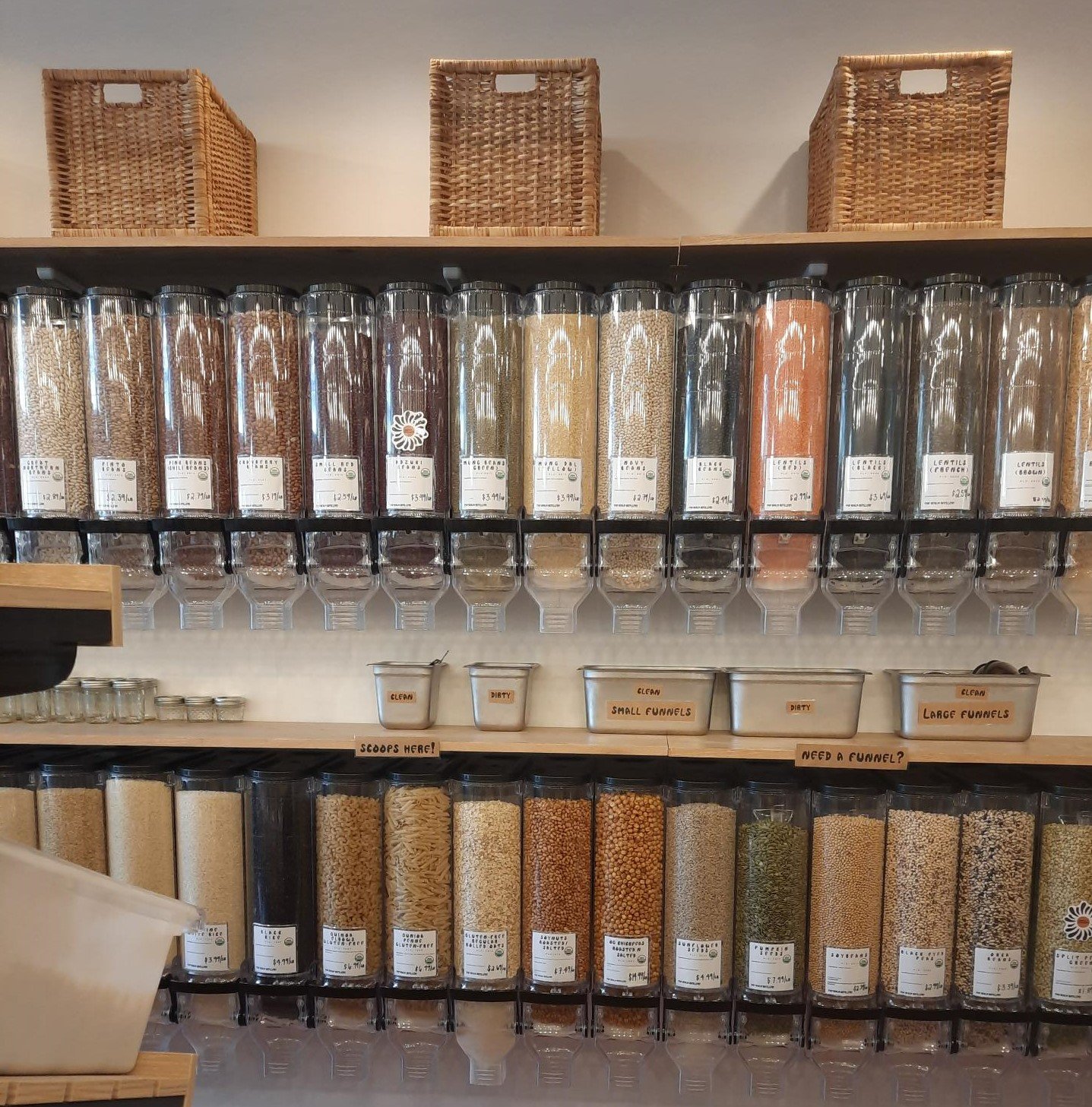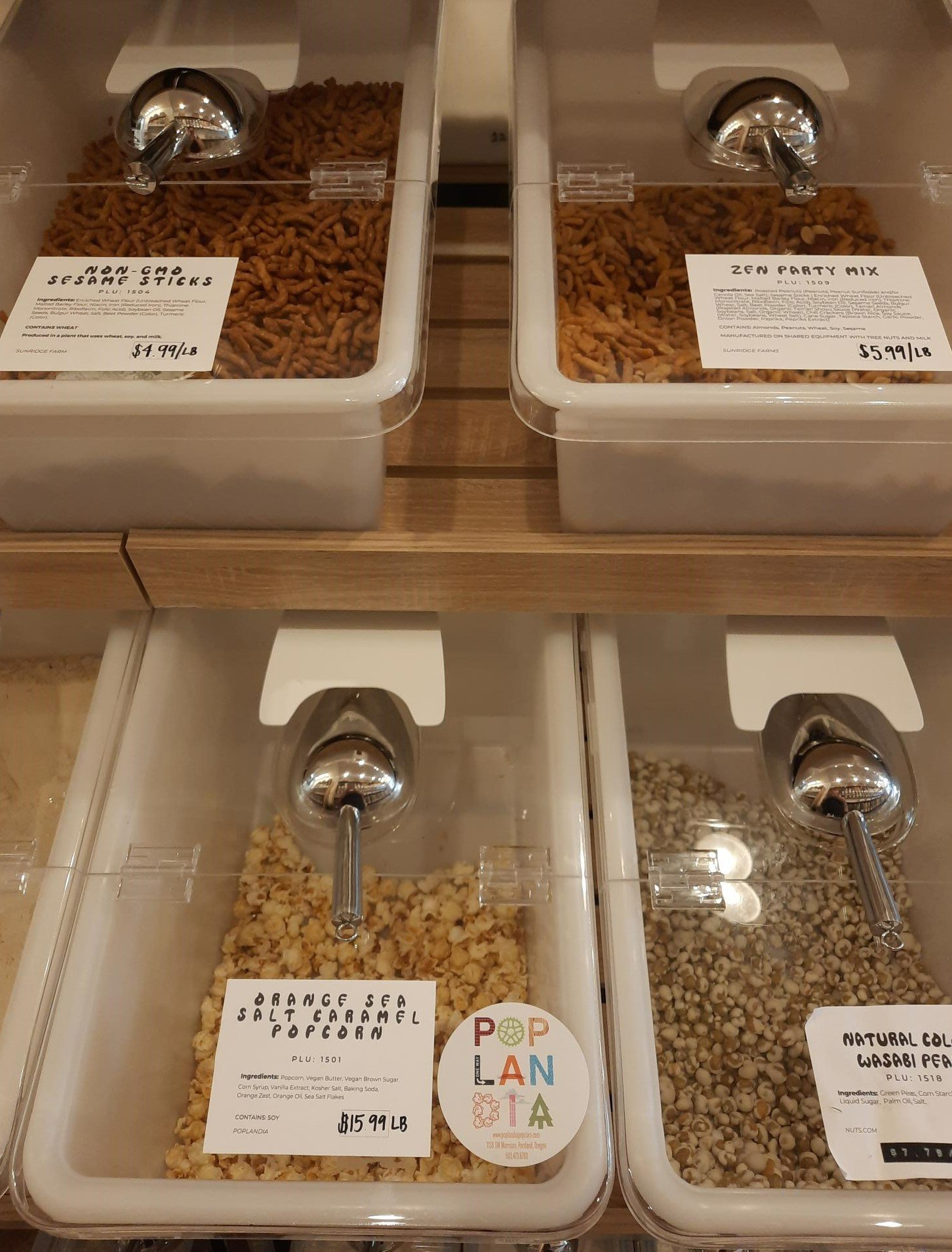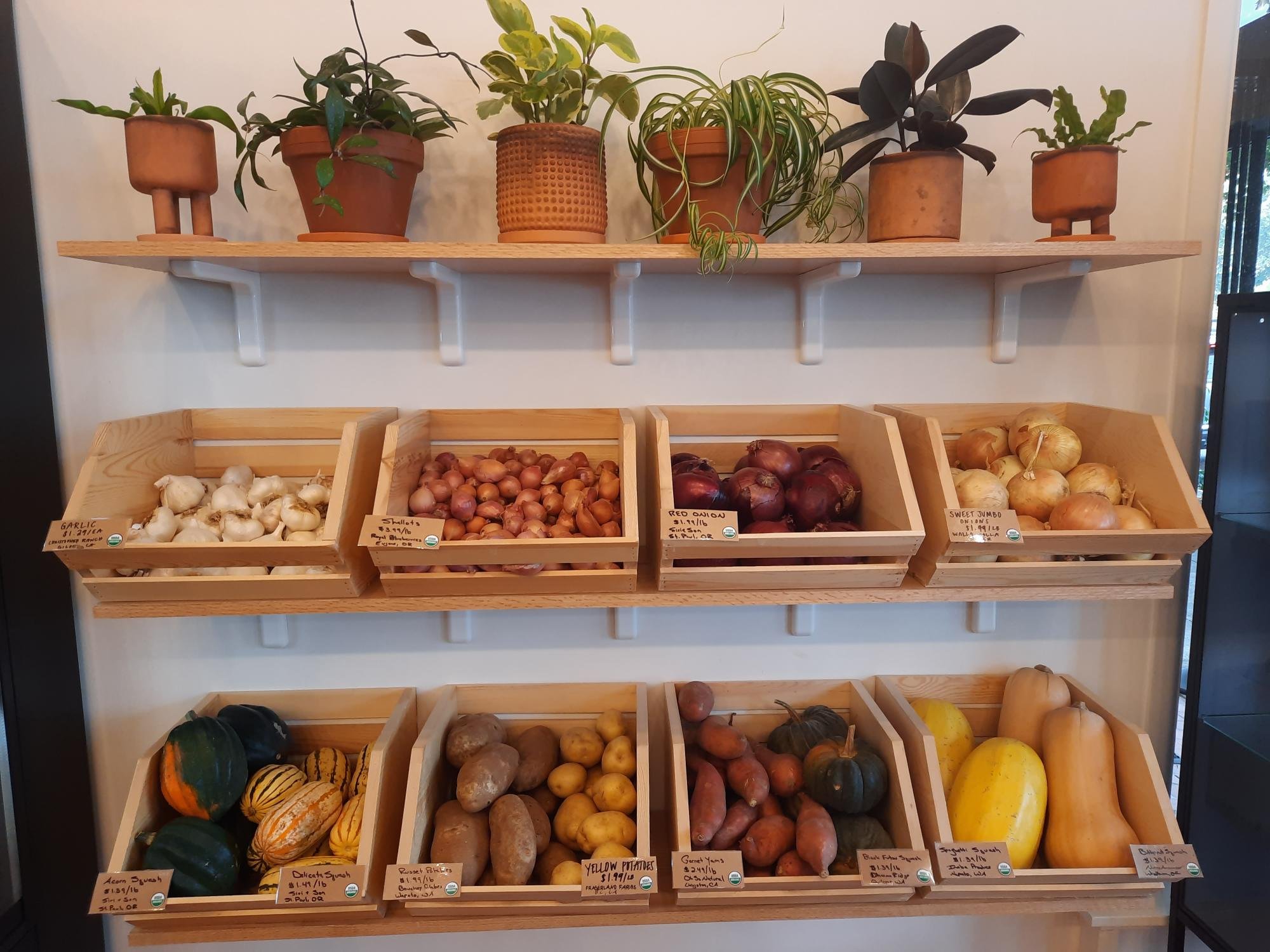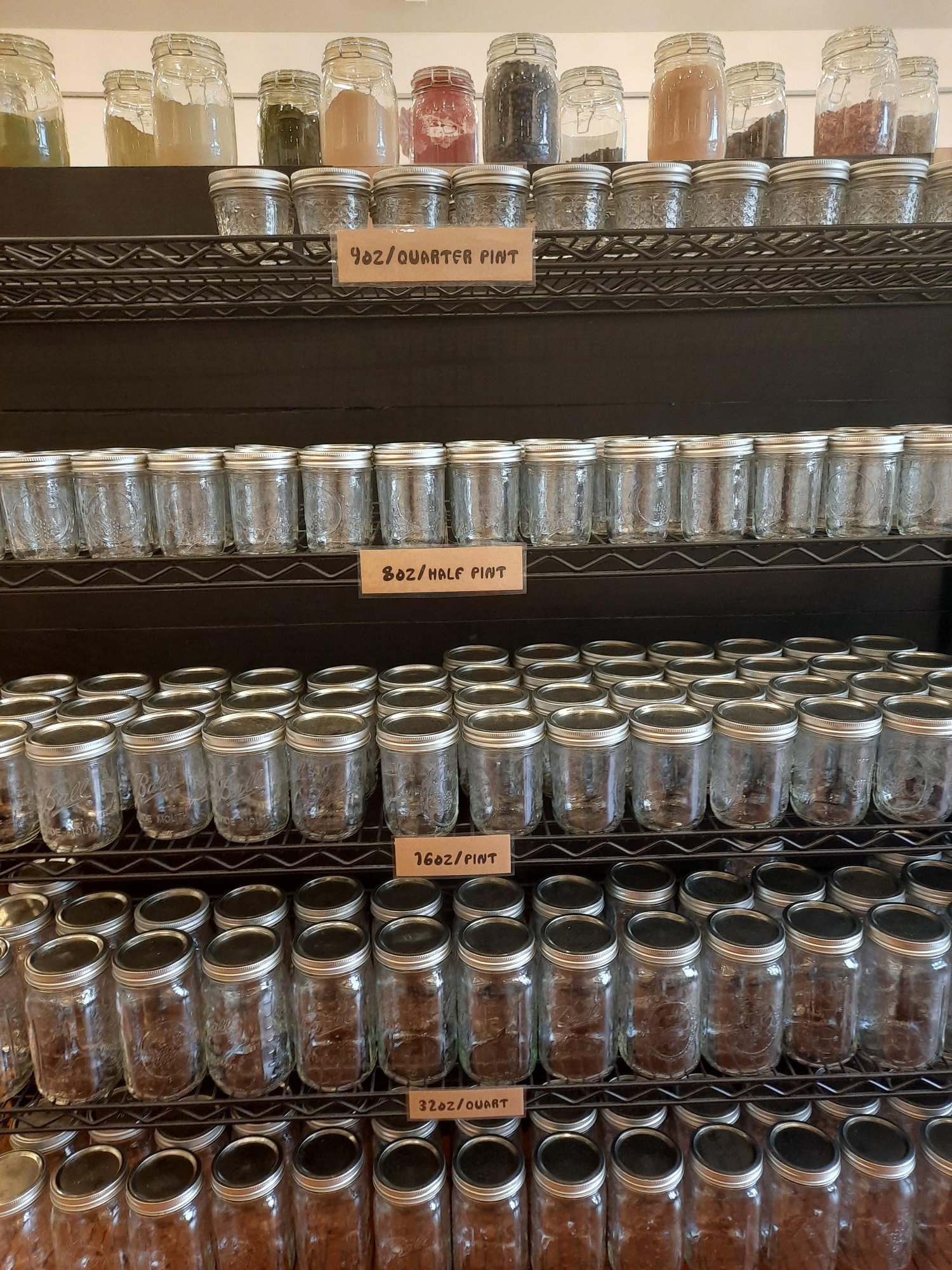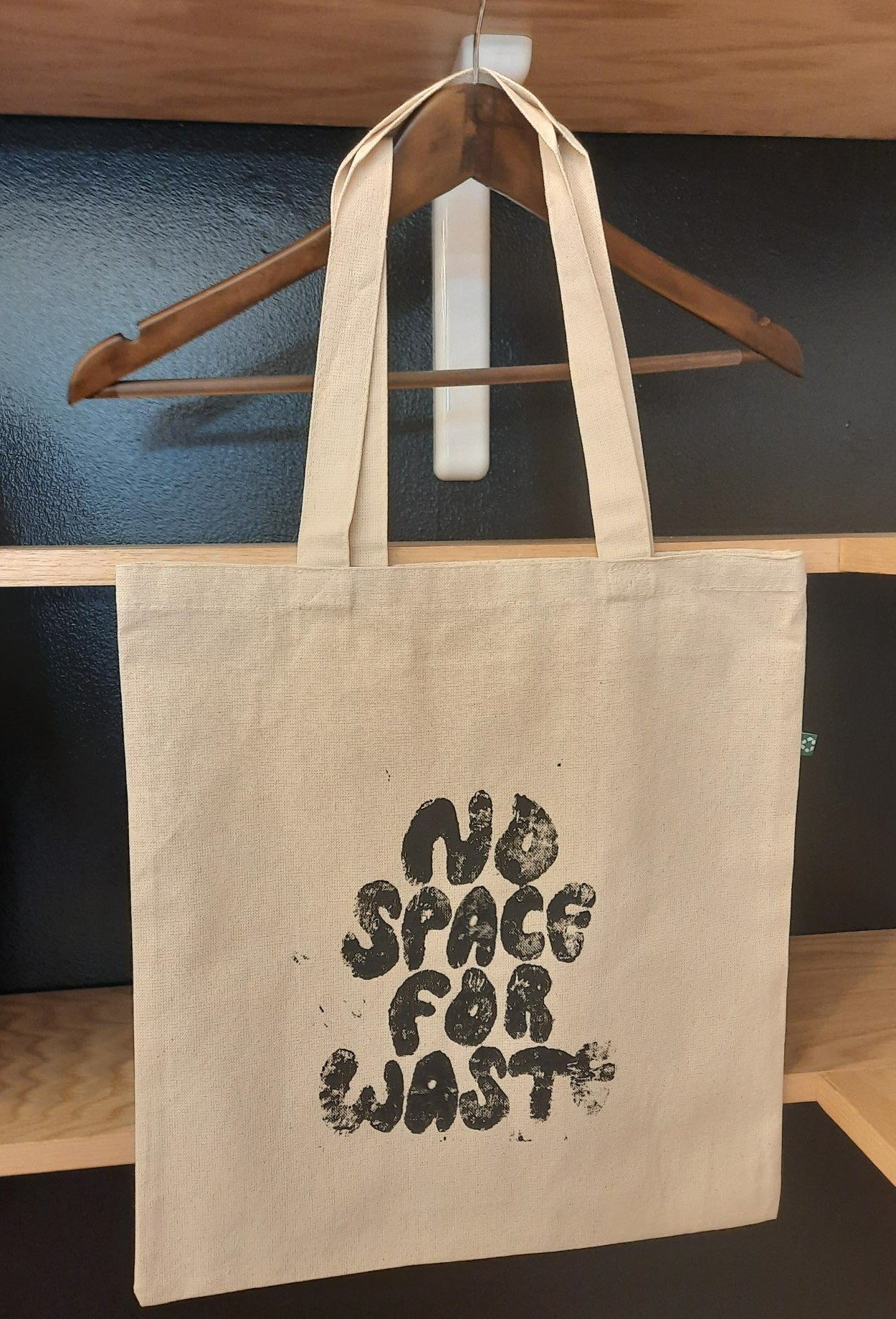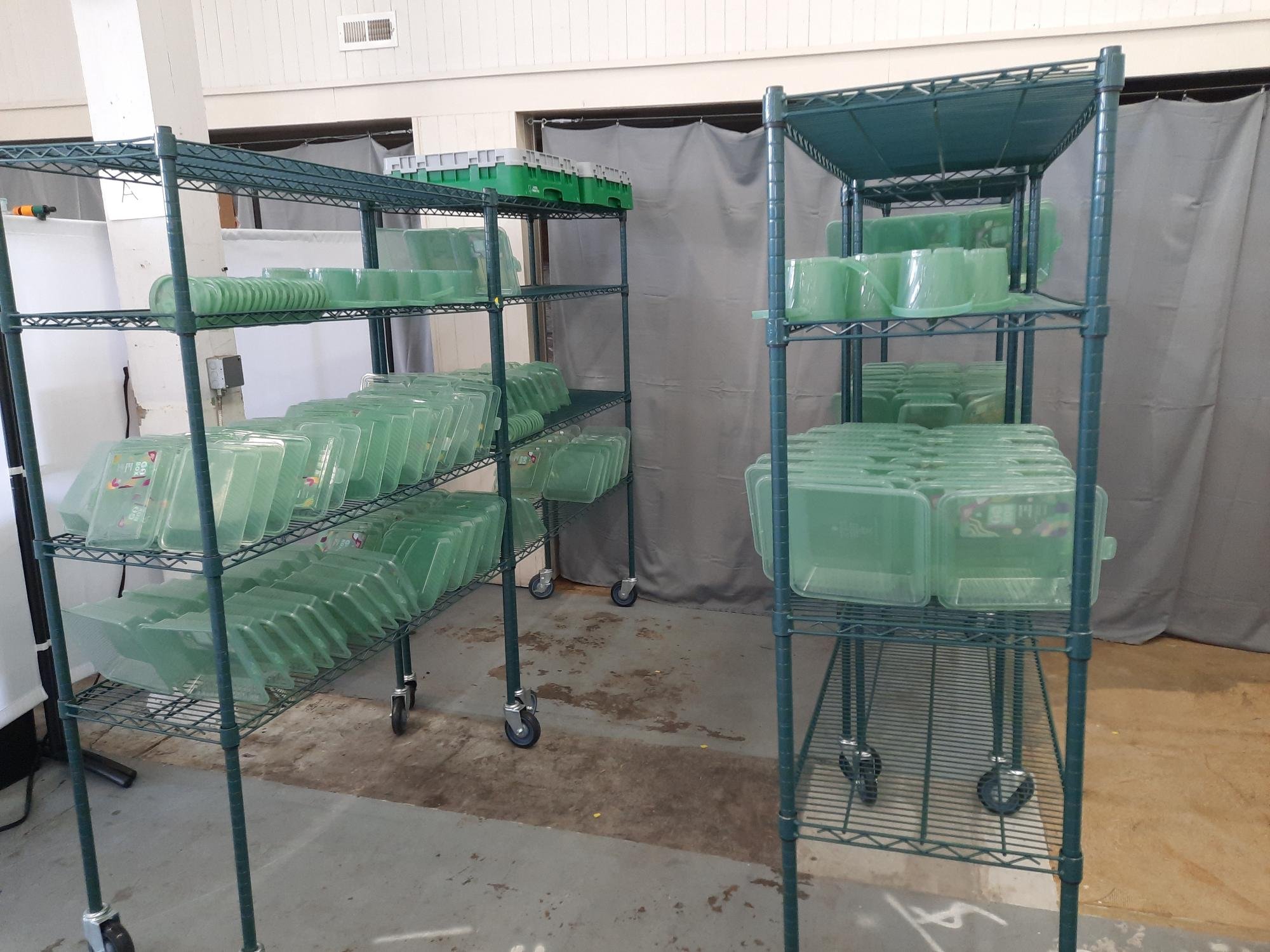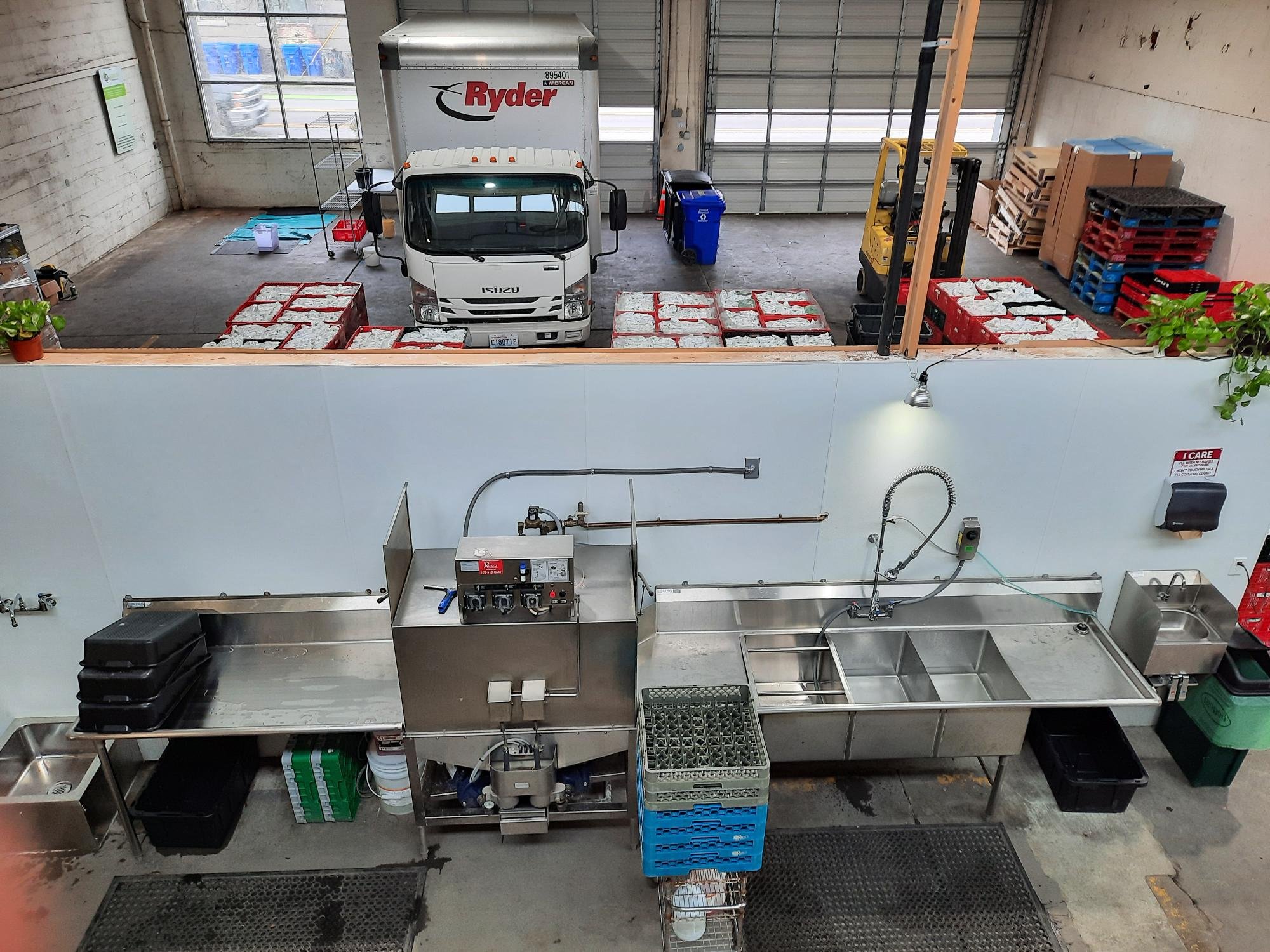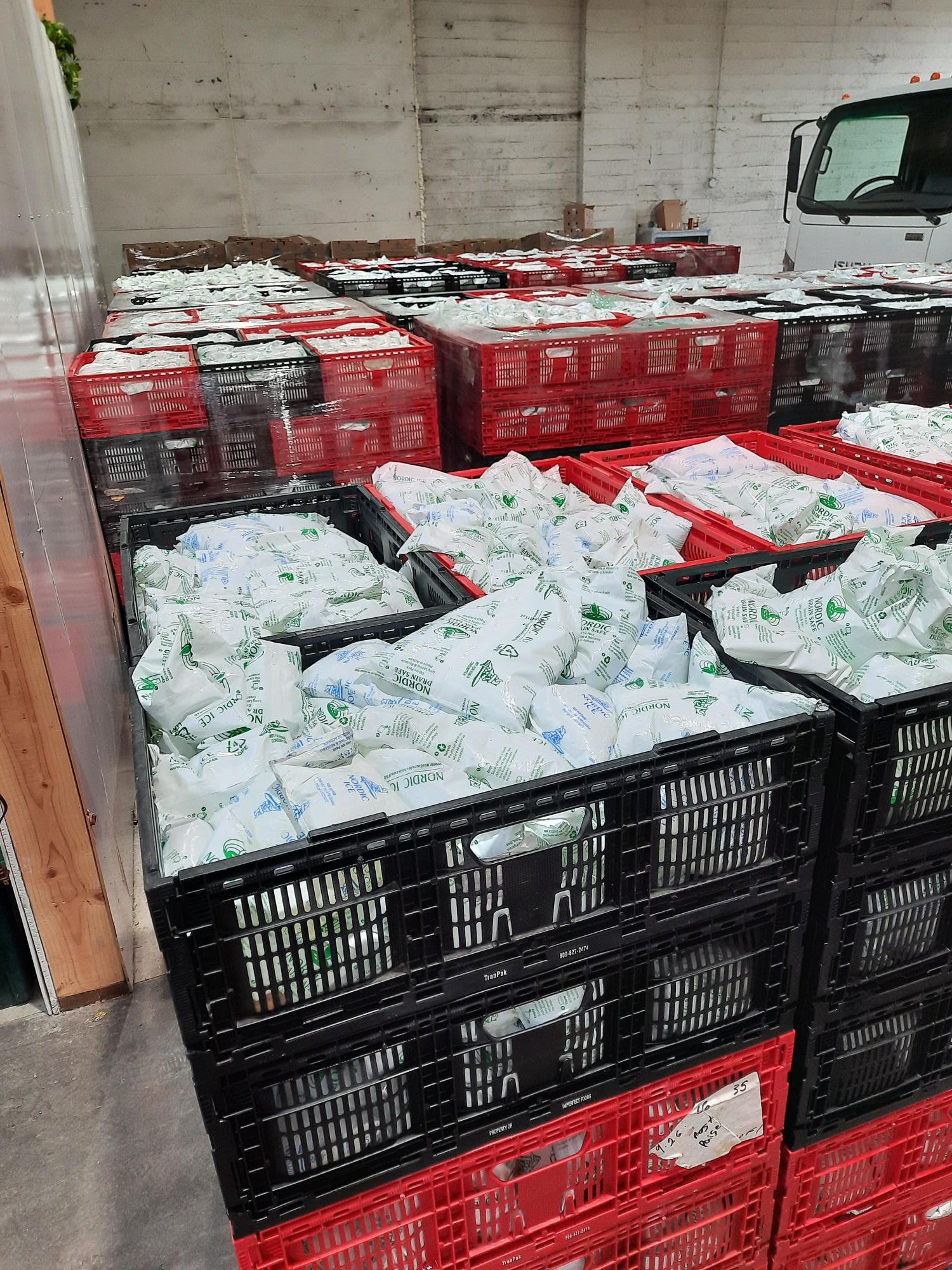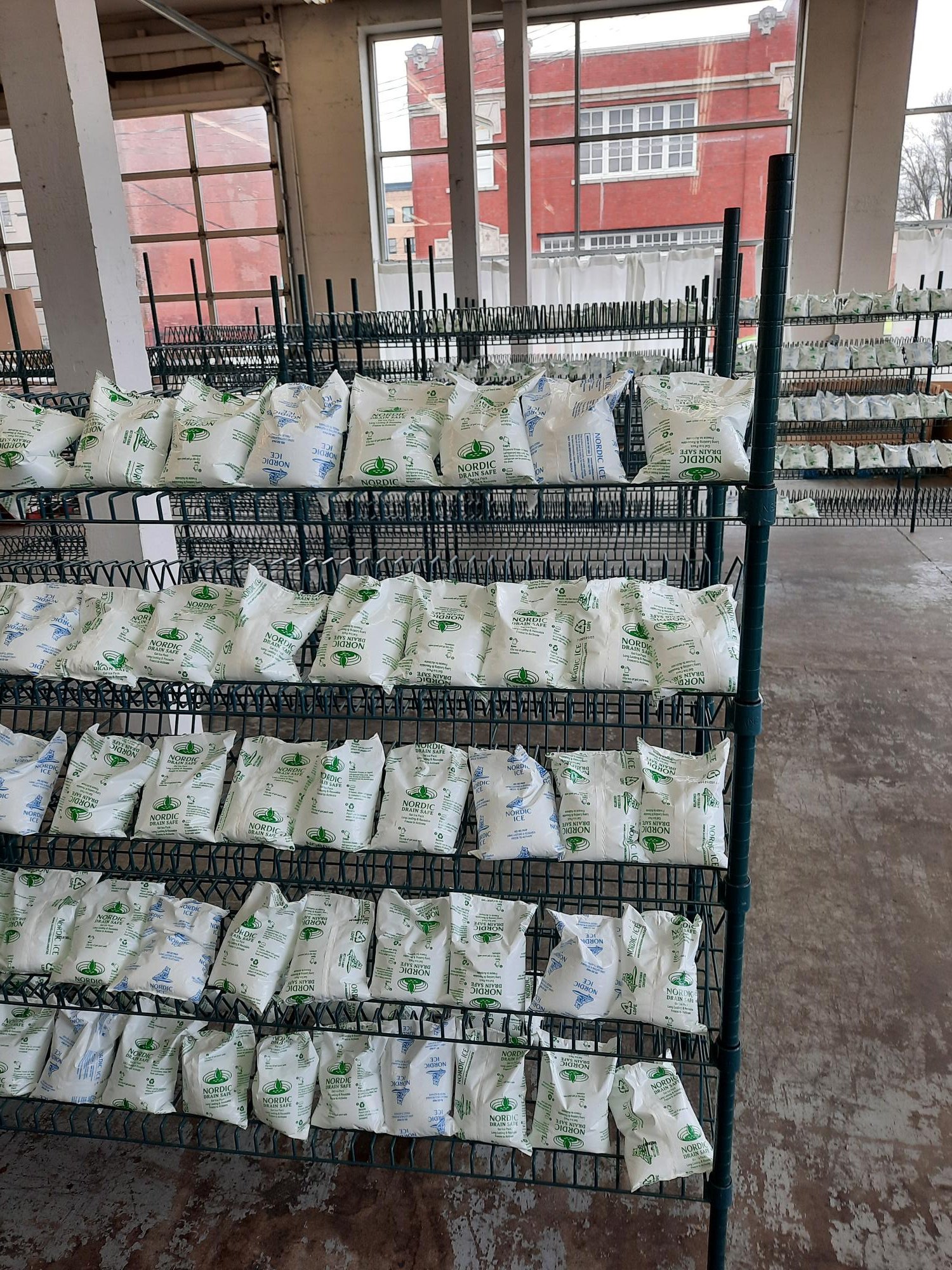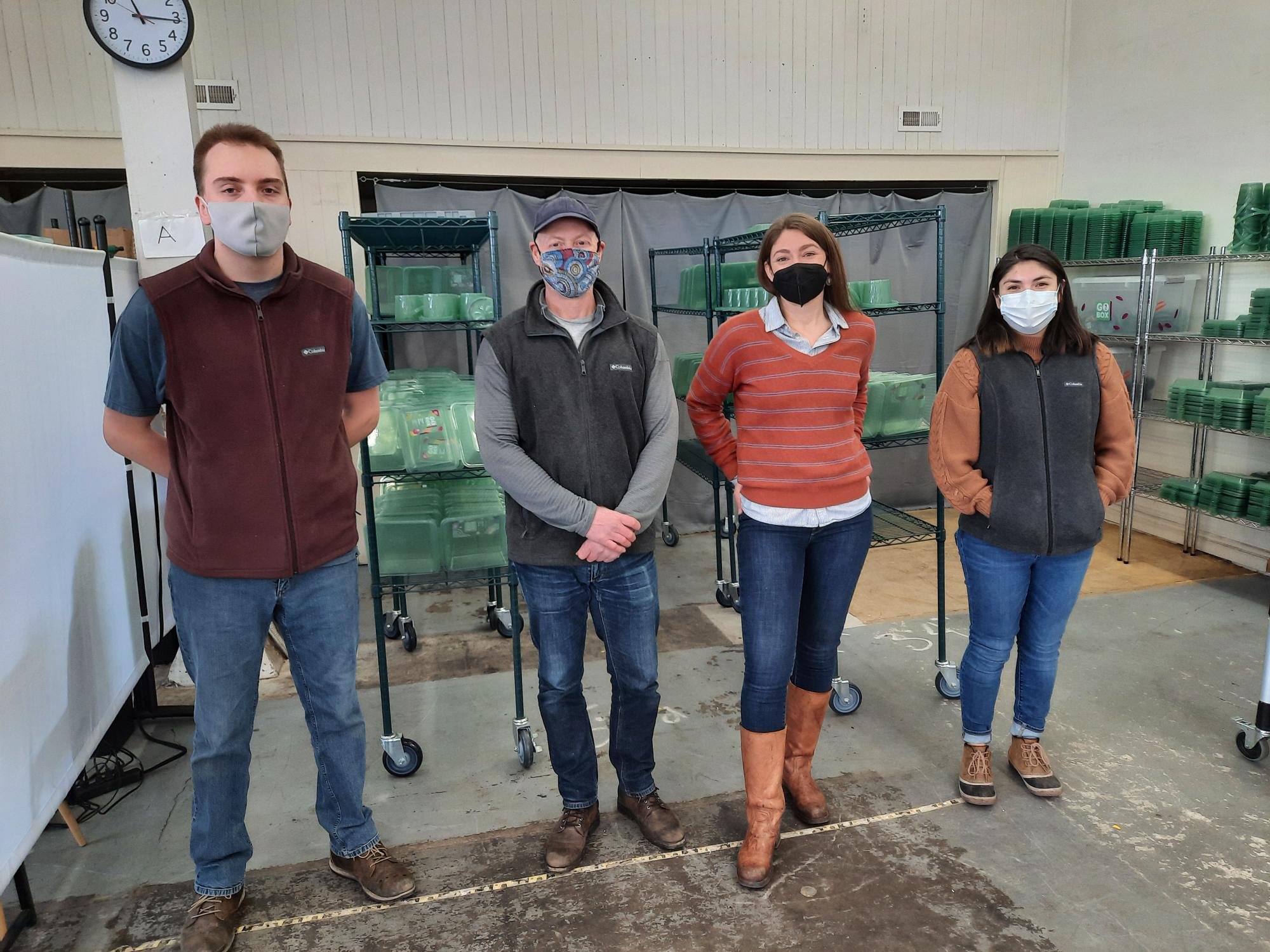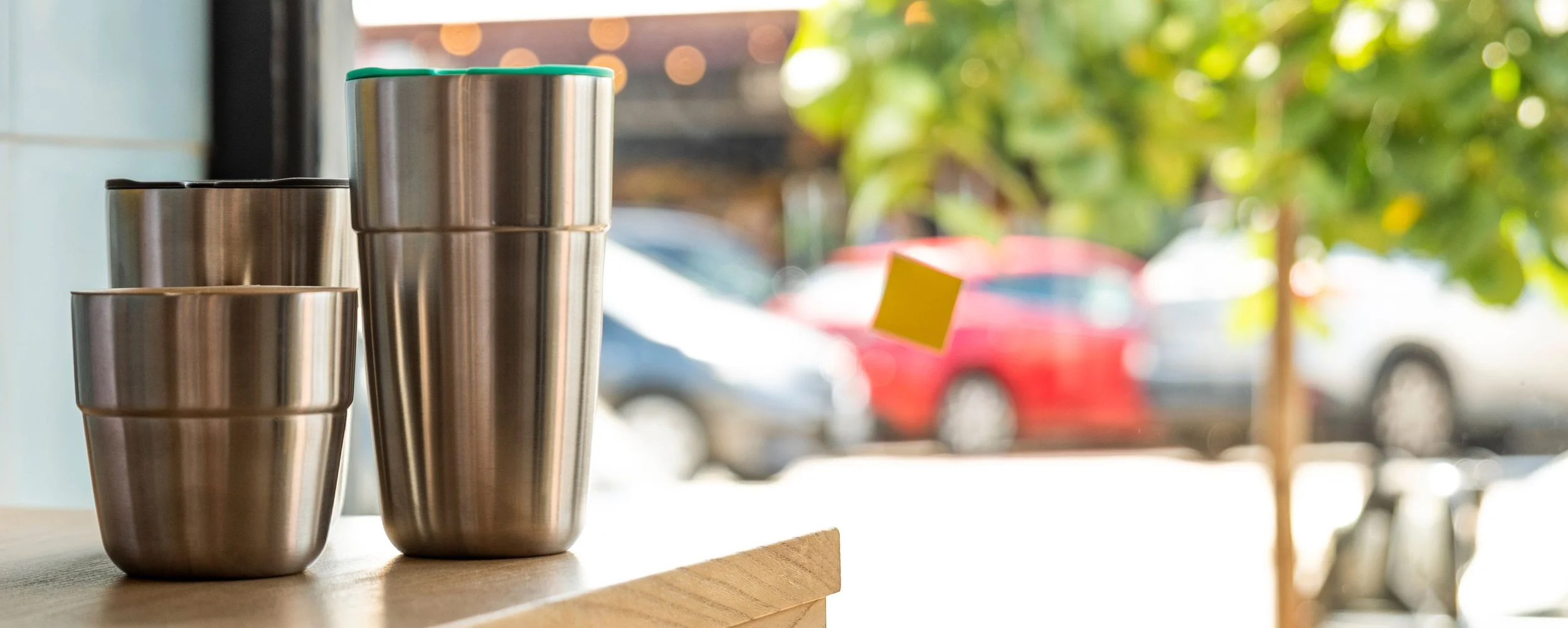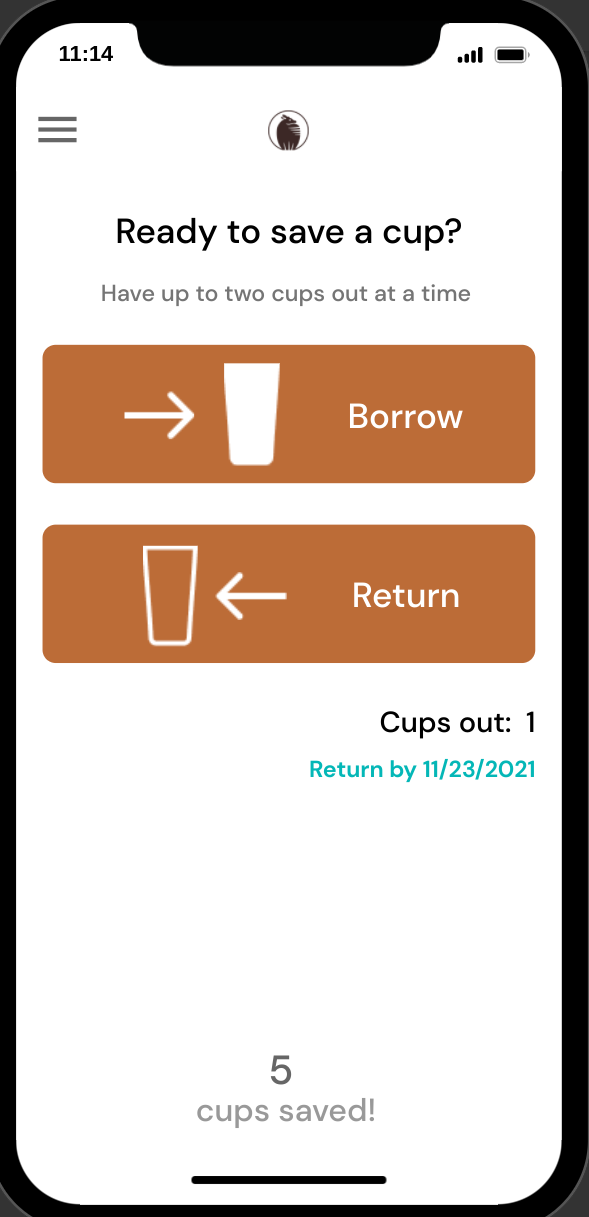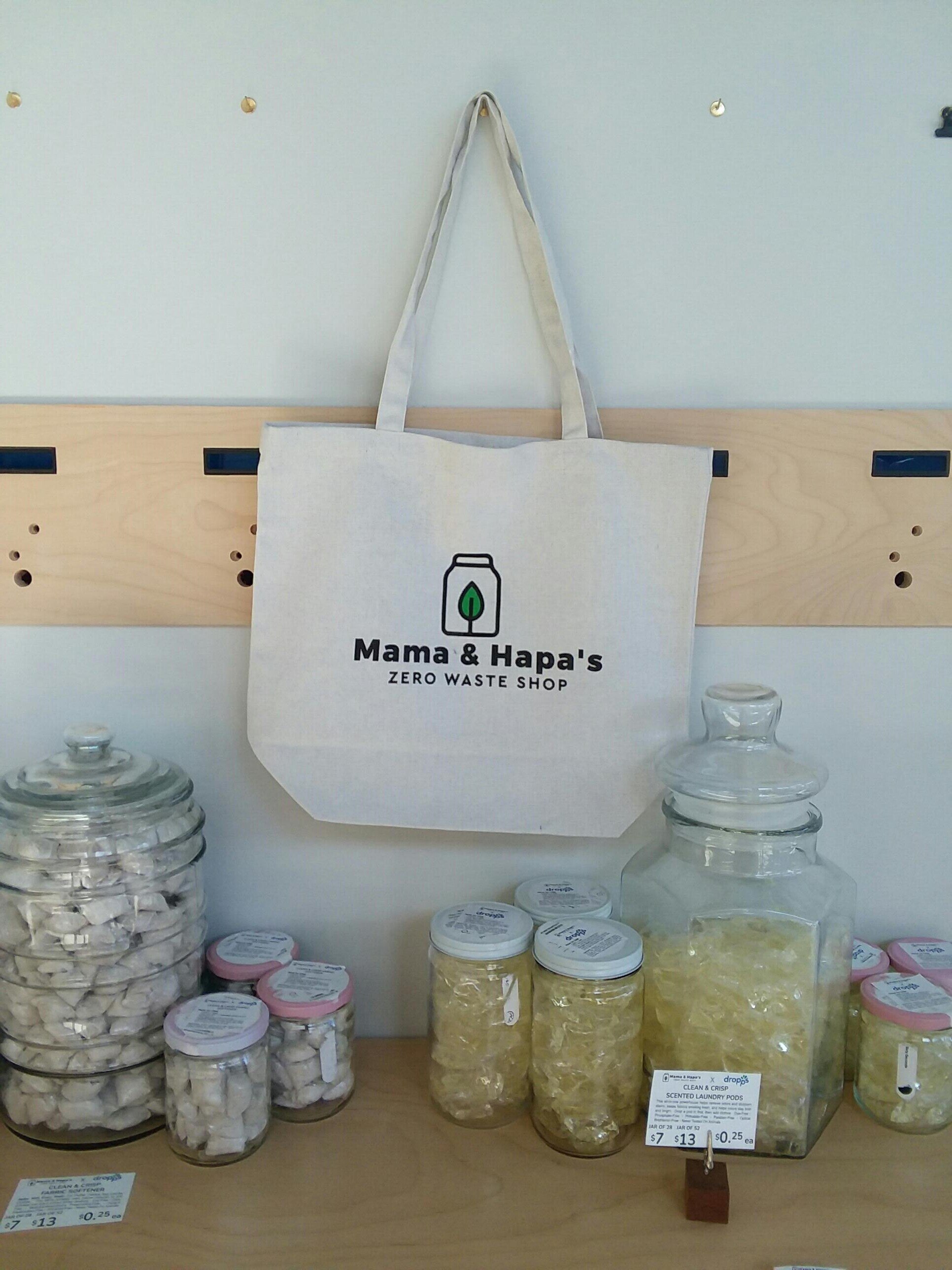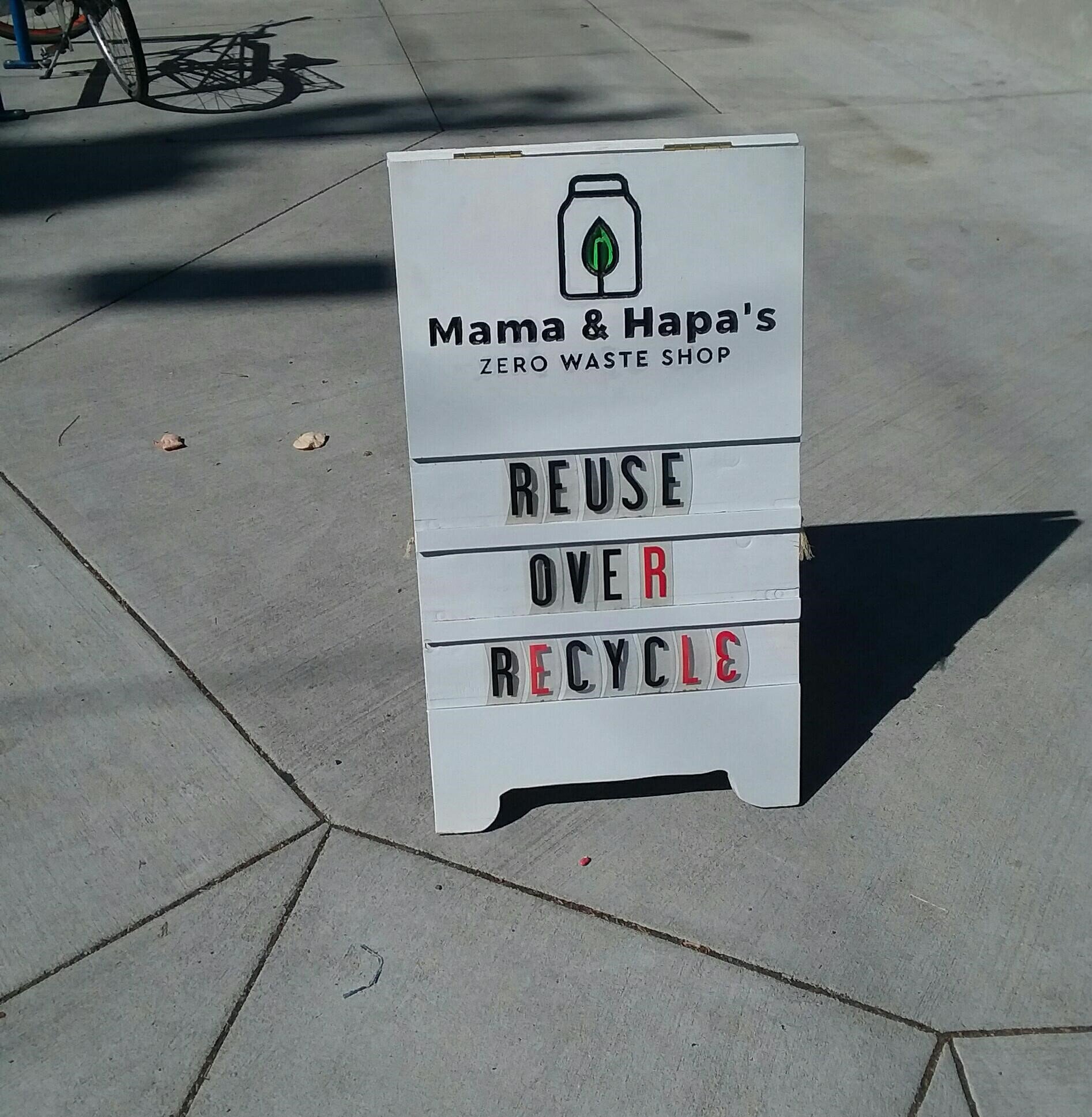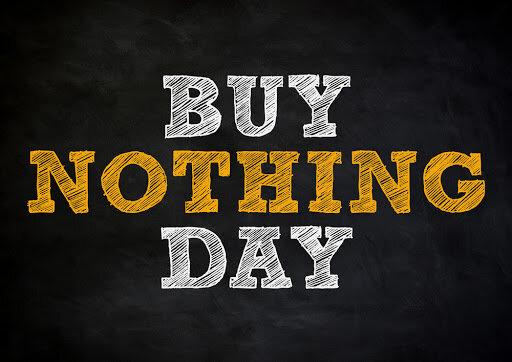Bullfrog’s Treasure N Trash has opened in Northwest Portland’s Old Town neighborhood. It’s a retail store where you can find antiques along with reclaimed furniture and other goods.
But it’s not just a store. It’s an innovative Reuse Hub focused on environmental justice and workforce development. It was created through a unique partnership between local businesses and nonprofits that facilitates low-barrier job opportunities in reuse, repair, and litter collection.
The organizations that came together to create Treasure N Trash are:
Trash for Peace, a 10-year-old community-based organization providing hands-on learning, low-barrier job opportunities, and education about sustainability in environments that are peer-led, welcoming, safe, and collaborative.
Ground Score Association, a peer-led initiative of Trash for Peace. It celebrated its fourth anniversary in 2022. Ground Score is an association of informal recyclers, dumpster divers and other environmental workers who create and fill low-barrier waste management jobs. Ground Score is collectively organized and seeks to be radically inclusive, prioritizing work opportunities for those facing work and housing insecurity. They aim to build a more environmentally and socially aware community, while also changing society’s perceptions of what and who is considered valuable.
Junk It Junk Removal, a local, family-owned company that began in 2012 and specializes in residential and commercial waste hauling.
Frog & Toad Hauling celebrated its third anniversary in 2022. They specialize in waste-conscious junk removal, creative reuse, and home repair.
These organizations moved into the Old Town warehouse in October 2022 and use the space for many things; a co-working office space, headquarters for Ground Score's peer-led litter collection and reuse/repair program, a meeting spot with a kitchen and lounge; and short-term storage for the two junk removal companies to sort and determine if repairs are needed before moving items to the thrift store.
Reuse has been a large part of both Junk It and Frog & Toad’s business models. Donation and diversion of materials are key elements in how they work with clients to remove unwanted items from homes and businesses. The warehouse provides the companies with a space to inspect and repair items that still have a lot of useful life left in them.
The owners of Frog & Toad, Revel and Sun, shared, “Our goal with the shared retail space is the establishment of a vibrant and useful place for our neighborhood and wider community where ‘stuff,’ which may have once been discarded, can flow towards where it will be treasured, which often is where it is needed the most. We feel that being in collaboration with the other groups in the warehouse is what will make this possible and help our store to thrive!”
Michelle Barrows-Carter from Junk It Junk Removal, said, "We are proud to be a part of a new warehouse space shared with Ground Score Association, Frog & Toad Hauling, and Trash for Peace, where we can prioritize sustainability and creative reuse.”
Low-barrier job opportunities
Trash for Peace partners with local government and other agencies to implement programs for renters in supportive, multifamily affordable housing communities. Based on community interest and initiative, some pilot projects clear unwanted large household items from apartments and homes, like dressers, tables, mattresses, and other furniture. Working alongside the junk removal companies allows thousands of pounds of trash to be diverted from the landfill by utilizing reused and donated materials in other activities that the organization leads.
Ground Score’s G.L.I.T.T.E.R program provides litter collection and tent side waste collection services for members of the houseless community across the Portland Metro Region. The program name was sourced by workers and stands for Ground Score Leading Inclusively Together Through Environmental Recovery.
Many of the litter collection routes are serviced by electric trikes, as part of Ground Score's goal to create carbon neutral litter collection services. As this program is peer-led, most of the litter collection team are currently or formerly houseless.
New programs taking place in the shared space
Two programs taking place at the shared warehouse offer a glimpse into other low-barrier opportunities with room for skill building and further growth.
Rachel Linden is an artist and founder of Thuja Studios, an independent design studio dedicated to the dissemination of utilitarian sewing education to marginalized communities across Portland. Rachel has extensive sewing production and teaching experience, and with the help of Molly Mattern, has started a sewing and mending education program for Ground Score workers.
The Sewing Department offers accessible, professional machine sewing education where members of the Ground Score community can gain competency and hands-on experience in the field of production sewing. Every participant is guided through the production process of a basic tote bag where they learn about strategic fabric selection, pattern reading, marking, and cutting out components, and sewing processes. Currently, the emerging sewing team focuses on the mass production of hand-mending sewing kits made from discarded fabrics that would otherwise be sent to the landfill. After being produced and filled with relevant, second-hand mending tools, these kits are then distributed back into the Ground Score community through professional, classroom-style, hand-mending workshops offered every other week with a $30 stipend offered to participants as extra incentive to learn.
“I’m in my element.” - Beck, a Ground Score employee
Another Ground Score manager, Toma Solano, previously trained houseless community members to design and build structures for several of Portland's tiny home villages while also contracting for private residential clients. At Ground Score, Toma helps provide low barrier jobs to houseless individuals as apprentice carpenters. Together they use donated and salvaged wood to repair and upcycle furniture. They also build trellises, lamps, bookshelves, and flower boxes.
If you would like to get involved or donate, visit the Trash for Peace website at www.trashforpeace.org.
If you would like to visit Bullfrog’s Trash N Treasure retail store, check out the website for current information, contact information, and social media handles.



